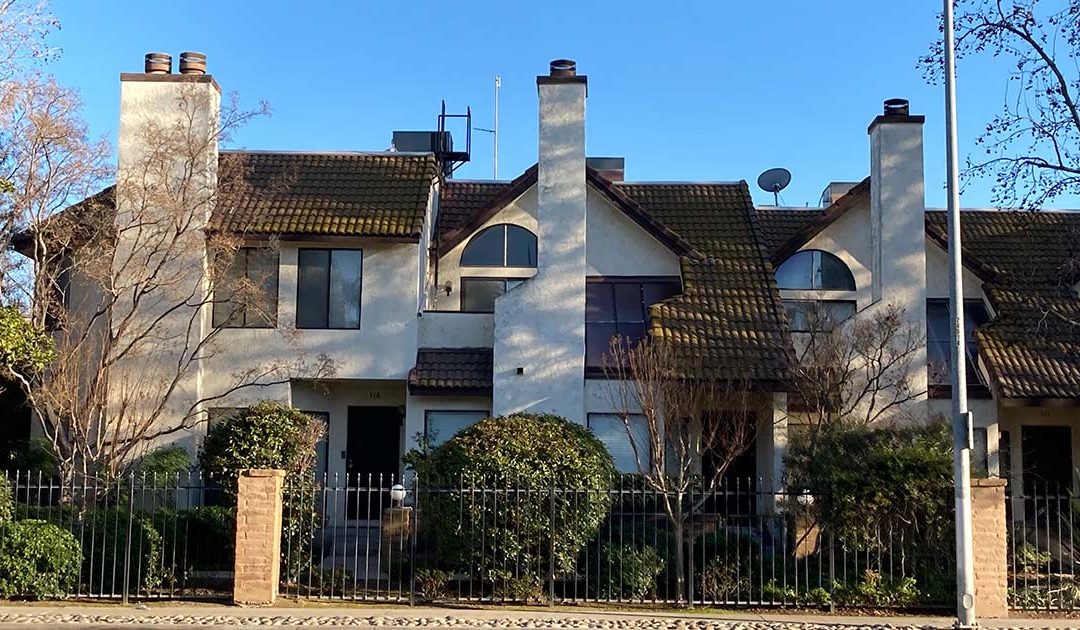It didn’t happen overnight. Fresno EOC Urban Tobacco Education Program helped spark an awareness campaign, which led to the new policy. Two years ago, the program assembled a Community Action Model (CAM Project), mobilizing volunteers from the community to change environmental factors through policy development.
Eight CAM Project volunteers worked countless hours to gather research before exploring a policy change. First, they conducted public opinion surveys and online focus groups to determine what the community thought about smoking in multi-unit housing. Then, after learning residents wanted to breathe cleaner air, volunteers canvassed neighborhoods educating hundreds of residents. They also shared information with city council members and their staff, which eventually led to the successful adoption of a smoke-free ordinance.
Volunteers, Alexandria Benn and Marisa Alvarez, were with the project when it got off the ground two years ago. Alexandria says one family’s story really stuck with her. “They live in an apartment building in West Fresno near Edison High School, where their next-door neighbors smoke, and it was having an effect on their breathing. One family member has asthma, another suffered from bronchitis, and they are surrounded by secondhand smoke. There is no place they can escape it, not even the playground.”
Alexandria and Marisa, both college students, say they have learned a lot from this project and plan to continue their efforts to advocate for healthier and safer communities. They will see their hard work pay off next year when the ban goes into effect. Effective January 1, 2022, many children and families in Fresno will be at lower risk of being exposed to secondhand and thirdhand smoke, both of which are more dangerous for children, pregnant women, the elderly, and those with chronic illnesses. In children, exposure is known to cause or exacerbate health problems, including asthma, middle ear infections, and sudden infant death syndrome (SIDS).
Marisa says she became interested in the CAM Project because she wants to help effect positive change in the community. But it’s also a personal endeavor, as she has a congenital heart defect; plus, both she and her son have asthma which is aggravated by smoke and poor air quality. “It’s time for us to start doing what we can. What’s in our control to clean up our air here in the Central Valley and creating this policy was something that I could help contribute to cleaner air for our constituents as well as myself and my family.”
You can read more about the story on Your Central Valley

